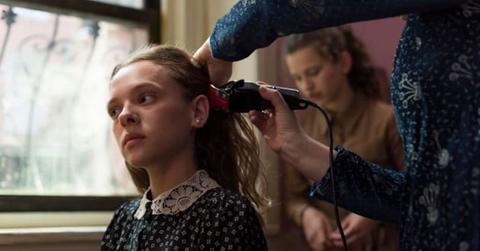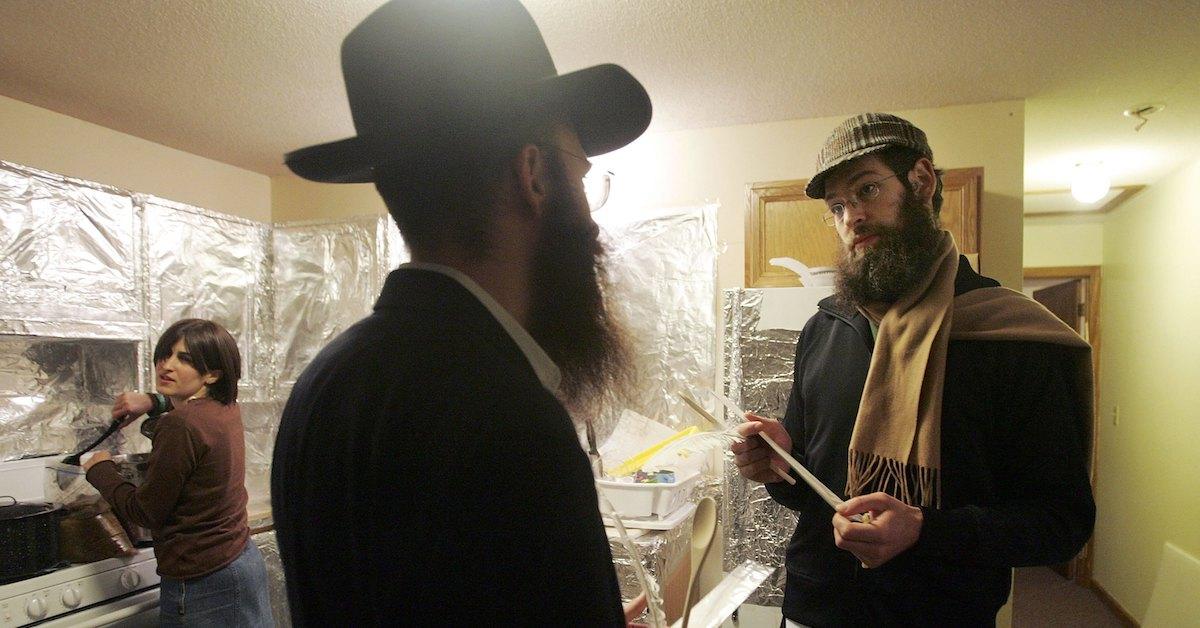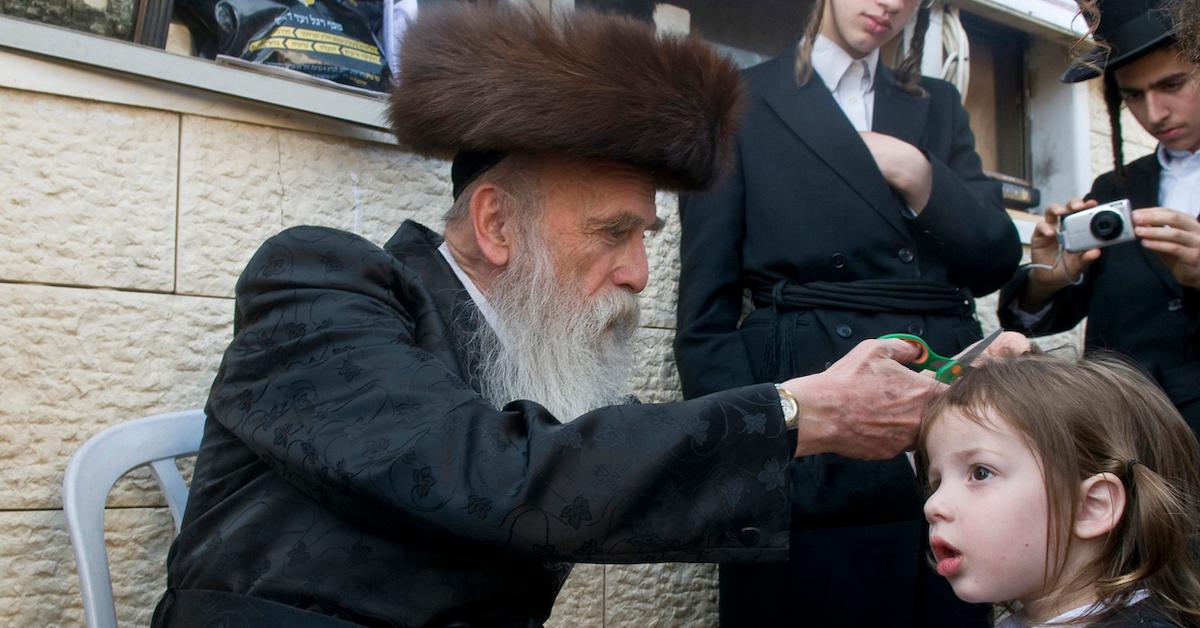Watching 'Unorthodox'? We Answer Your Questions About Hasidic Customs
Updated April 8 2020, 3:35 p.m. ET

The Netflix drama Unorthodox, based on Deborah Feldman's memoir of the same name, explores the life of a woman who leaves her Hasidic community to live a secular life and gives some insight into the traditions and practices observed by ultra-orthodox Jews. But viewers may have questions about some of the customs they see as the show unfolds, so we're endeavoring to answer some of the big ones, like why brides shave their head in the Hasidic community, or why some Orthodox Jews cover their kitchen in foil for Passover.
Why do Orthodox families cover their kitchens in foil?
This custom is not exclusive to Hasidic Jews, which are a separate and more conservative offshoot of Orthodox Judaism. The tradition of covering kitchen surfaces with foil during the Passover, or Pesach, all has to do with ensuring the surfaces upon which food is prepared during the Passover week are free of chametz. Chametz refers to foods with leavening agents, which are forbidden during Pesach.

To prepare a house for "full Passover" if a family is strictly observant, it's not good enough to just throw away (or burn) all traces of chametz in the house. You have to thoroughly clean the home, especially the kitchen, to ensure it is 100 percent free of chametz, and many families will cover counters, stoves, and even the fridge and other surfaces with aluminum foil so that no food they consume during the week will have even trace contact with chametz.
While not every house takes the precaution of covering surfaces with foil, there is a lot of rigorous cleaning before Pesach to rid the home of chametz, and observant families often had a special set of cookware, dishes, and utensils they only use at Passover.
Why do Hasidic brides have their heads shaved?
A common misconception is that all Orthodox women shave their heads, but this custom is more common among some sects of Hasidic women. Orthodox law does require women cover their hair after they are married, and most Orthodox women will wear a wig, scarf, or other head covering to completely cover their hair.

The reason for this custom is that, after marriage, any part of a woman deemed sexually attractive is to be kept private, to be seen only by her husband. But some sects take this a step further and instruct women to cut off all their hair upon marriage, which eliminates the risk of their hair coming loose from its covering while they are in public. The community Esty is from in Unorthodox is a Satmar community, along the strictest of Hasidim, so it makes sense that her head was shaved when she was married.
Hasidic men also have restrictions about their hair and distinct head coverings.
If you have ever been in the Williamsburg neighborhood of Brooklyn, N.Y. on a Saturday, you have probably seen groups of Hasidic men walking around with distinctive hats and curls at their temples called payot. This comes from a command in the book of Leviticus that men may not shave the sides of their faces. Though all Hasidic men interpret this to mean one must never shave his beard, some Hasidic men grow their hair long at the temples and never cut it. Some will shave off the rest of their hair but keep their payot uncut.

The majority of Orthodox Jewish men wear some type of head covering at all times, but the form of that covering differs from community to community. On certain occasions, some married Hasidim will wear a large fur hat called a shtreimel. Many men receive their shtreimel as a gift from their bride's father before the wedding, and it is worn for the wedding itself and the following week, as well as on Shabbos and Jewish holidays.